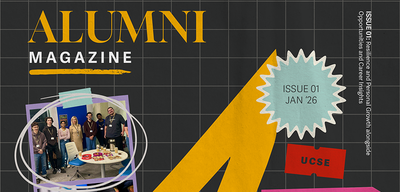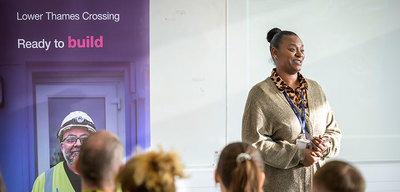Share On
What are the options for my child?
Your child has a number of options to consider when choosing a study route. Below we have provided some information that may assist their decision.
If they are trying to choose a course of study, the best approach is to think about what your child wants to do at the next stage. Think about what type of learning they prefer whether this be practical or academic and together pick the option that best fits with these factors.
Levels Explained
You will see levels mentioned frequently when you visit colleges or 6th form schools. Here is a simple outline of what they are equivalent to.
| Level | Equivalent |
|---|---|
| Entry Level | = pre-GCSE |
| Level 1 | = GCSE grades 3/D – 1/G, Vocational Award |
| Level 2 | = GCSE grades 9/A*-4/C, Vocational Award/Certificate, English Baccalaureate (EBacc) |
| Level 3 | = A-levels, Vocational Certificate/ Diploma |
Qualifications Explained
A-levels
Provide you with a traditional pathway to university and offer prospective employers the higher level qualifications they look for. These can be pursued at sixth-form school or sixth-form college. A-Levels are a traditional academic way of studying and progression tends to lead into degree and higher education studies.
T-Levels
Starting in September 2021, T Levels are new technical study programmes that will sit alongside apprenticeships and A-Levels. They are in development in partnership with the government, businesses and educational establishments. They are being designed to help give your child a head-start towards the careers choices and will give them an alternative choice when completing their GCSE’s.
T-Levels involve more classroom study than apprenticeships, which means your child can experience an industry while they continue their studies. T-levels requires a partnership with an employer, where they can undertake at least 45 days industry work placement that is relevant to the sector/course specialism they are studying.
Vocational qualifications
Are ideal if your child knows what career or sector they are looking to work within. They offer a different learning experience to A-levels which lean more towards practical learning, whilst gaining a clear understanding of the theory aspect.
The courses are designed so that your child learns in a practical way about their chosen sector area. They can gain the skills they need to start their career progression, explore apprenticeships or go on to higher education. Around 50% of individual who achieve vocational qualifications progress on to higher education and 6 of the top 10 subject areas in higher education are from vocationally related disciplines.








